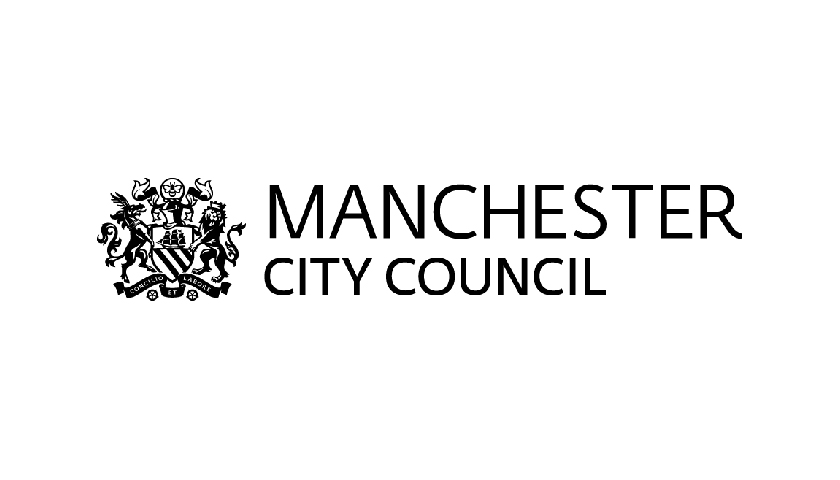The Climate Change Action Plan 2025-30 details how the Council will continue to deliver dramatic reductions in the amount of carbon (the biggest contributor to harmful climate change) which is pumped into the atmosphere as a direct result of its own operations.
Under the plan, the Council will aim to reduce its emissions by 44% from 2025 to 2030 – saving almost 43,000 tonnes of carbon. This would enable the organisation to remain on track to meet its goal of becoming zero carbon by 2038, building on the successes of the previous plan for 2020-25.
The Climate Change Action Plan 2025-30 will also address how the Council will continue to play and strengthen its leadership role in influencing and supporting residents and businesses in the city to reduce their own emissions, and lobbying for national and international policies and initiatives to help tackle climate change.
The new plan aligns with the citywide plan for the same period which has been produced by Manchester Climate Change Agency and Manchester Climate Change Partnership.
To ensure the Council as an organisation remains on track to become zero carbon by 2038, it has to stay within a science-based carbon budget, the maximum amount of carbon it can emit over each five-year period.
For 2020-25, this ‘carbon budget’ was 126,336 tonnes. The Council was able to stay within this – emitting only 122,000 tonnes of carbon – through a range of measures including retrofitting 40 of its buildings to improve energy efficiency, new LED street lighting and replacing more than half of its bin lorries with electric alternatives.
For 2025-30 this maximum amount allowed falls to 79,300 tonnes, which requires a reduction of around 41,500 tonnes over the period. The Council’s emission reduction programme is targeting slightly more than that – saving 42,871 tonnes of carbon through the following headline actions alone.
- Purchasing renewable energy directly from a newly-created solar farm from 2026 through a Power Purchase Agreement – saving 17,600 tonnes.
- Decarbonising the rest of the council’s waste and operational vehicles by moving from diesel and petrol to low emission vehicles – saving 12,011 tonnes.
- Saving 6,730 tonnes through an ongoing programme of building sustainability measures.
- Maximising the efficiency of the street lighting network – saving 3,030 tonnes.
- Decarbonising the Manchester Energy Network, a shared heating system used by a number of Council and other city centre buildings, which currently run on natural gas – saving 3,000 tonnes.
- Encouraging more sustainable staff business travel – cycling, walking or using public transport – saving 500 tonnes.
Altogether, there are 62 actions identified in the plan. These include measures to support and drive improvements across the city in electric vehicle charging infrastructure, renewable energy, the retrofitting of commercial and residential buildings to enhance energy efficiency, net zero standards for new buildings wherever possible, green public transport and cycling and walking facilities, and creating and linking new green spaces and waterfronts. It is our ambition to use these actions to drive the city’s ambition for Manchester to be zero carbon by 2038.
Cllr Tracey Rawlins, Executive Member for Environment, said: “We all have a role in tackling climate change. The Council is determined to lead by example. The Climate Change Action Plan sets out how we will continue to play our part to the full, both in further reducing our own carbon emissions and in supporting businesses and residents to reduce theirs, as well as lobbying to shape regional, national and even international policy.
“Not everything is in our control, and there are many challenges ahead – not least the financial constraints we face in common with all councils – but we remain determined to deliver.”
